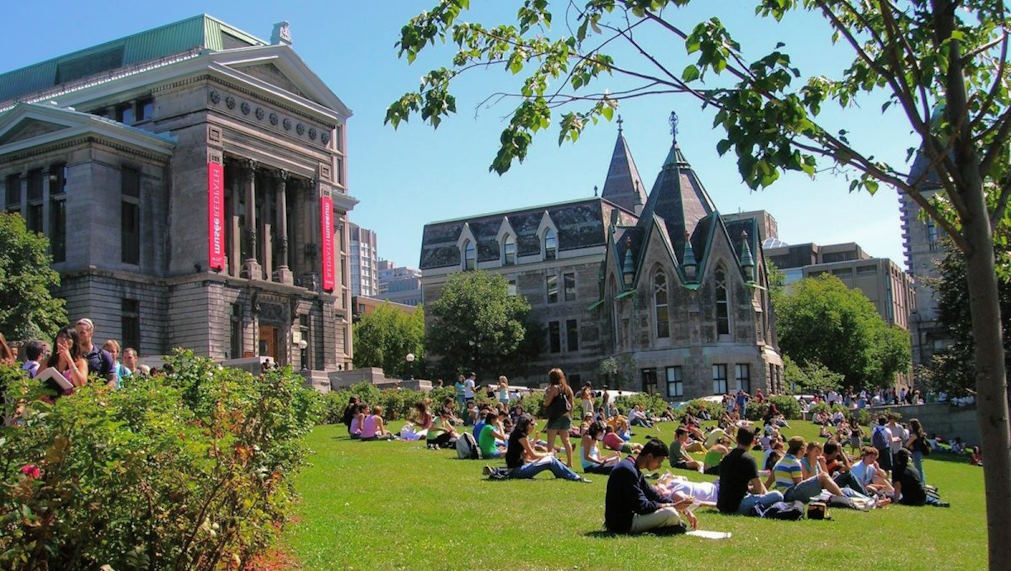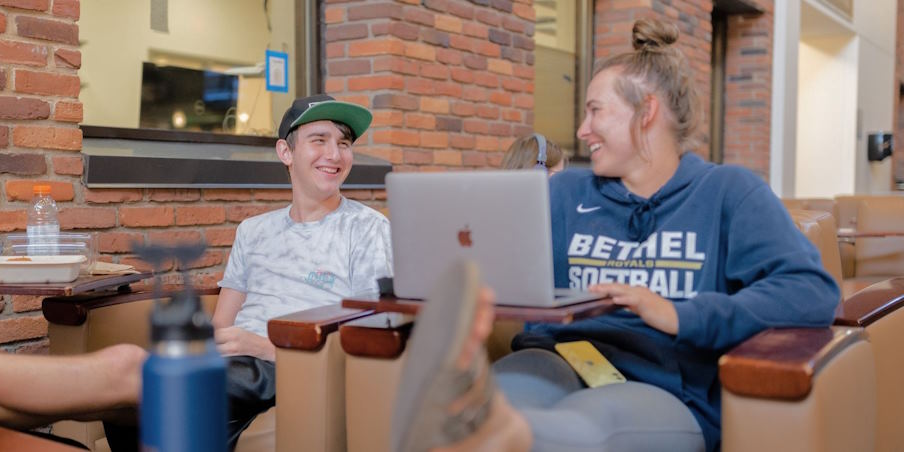The transition to a new educational institution often brings a mix of emotions, ranging from excitement to a tinge of apprehension. Navigating the maze of unfamiliar faces, diverse personalities, and a bustling campus can be overwhelming, but it also presents a unique opportunity for personal growth and enrichment.
Be Open and Approachable
The foundation of any meaningful friendship lies in openness and approachability. A friendly demeanor, characterized by a warm smile and positive body language, can create an inviting atmosphere for potential friends. Making eye contact during conversations demonstrates genuine interest and establishes a connection from the very beginning. Active listening is another key component of approachability – it not only shows respect for others’ opinions but also opens avenues for deeper, more meaningful conversations.
Attend Orientation Events
Freshman orientation serves as a crucial initiation into the college experience, providing numerous opportunities to meet fellow students. Participating in orientation activities, campus tours, and informational sessions not only familiarizes students with the academic environment but also offers a chance to connect with peers who share similar interests. These initial interactions can set the stage for forming lasting friendships, as everyone is in the same boat – eager to make new connections and navigate the college landscape together.

Join Clubs and Organizations
Clubs and organizations on campus offer a diverse array of interests and hobbies for students to explore. From academic and professional groups to cultural and recreational clubs, there’s something for everyone. Choosing clubs based on personal interests provides a natural avenue for meeting like-minded individuals. Attending regular club meetings and participating in events organized by these groups not only enhances one’s college experience but also facilitates the formation of friendships grounded in shared passions.
Utilize Social Media
In the digital age, social media has become a powerful tool for connecting with others. Joining college or university social media groups allows students to virtually meet their peers before stepping foot on campus. Platforms like Facebook or Instagram provide opportunities to engage in online discussions, ask questions, and even organize meetups. Virtual connections can seamlessly transition into real-life friendships, making the initial days on campus less daunting.
Study Groups and Collaborative Projects
Academic pursuits provide a natural setting for forming connections. Joining or forming study groups allows students to collaborate on assignments, share knowledge, and build a sense of camaraderie. Group projects, in particular, foster teamwork and provide opportunities to get to know classmates on a deeper level. The shared goal of academic success can serve as a solid foundation for lasting friendships.
Be Proactive in Classes
The classroom is not only a place for academic learning but also a space to connect with peers. Introducing oneself to classmates during the first few weeks sets the stage for ongoing interactions. Actively participating in class discussions, group activities, and other collaborative initiatives not only enhances the learning experience but also provides a platform for socializing. Exchanging contact information for study purposes can naturally extend to social invitations, creating a bridge between academic and social realms.

Attend Social Events
Campus life is often enriched by a myriad of social events and gatherings. From parties and game nights to cultural celebrations and networking events, there’s no shortage of opportunities to meet new people. Actively participating in these events exposes students to a diverse range of individuals, fostering connections beyond the academic setting. Being present and engaged in social functions is a key step in expanding one’s social circle.
Be Genuine and Authentic
In the quest to make new friends, authenticity is paramount. Being oneself and embracing individuality paves the way for genuine connections. Sharing personal interests, values, and experiences allows others to see the real person behind the facade. Authentic friendships are built on mutual understanding and acceptance, creating a support system that withstands the tests of time.
Volunteer and Community Service
Engaging in volunteer opportunities within the campus or local community provides a unique avenue for making friends. Connecting with people through shared philanthropic interests creates a bond grounded in the common goal of making a positive impact. The shared experience of giving back not only contributes to personal growth but also fosters connections that go beyond the surface level.
Stay Patient and Persistent
Building meaningful friendships takes time, and it’s essential to stay patient and persistent throughout the process. Initial challenges or rejections should not deter students from putting themselves in social situations. Friendships often develop organically, and the key is to remain open to new connections while nurturing existing ones. Persistence pays off, and the journey of making friends is as valuable as the destination itself.








